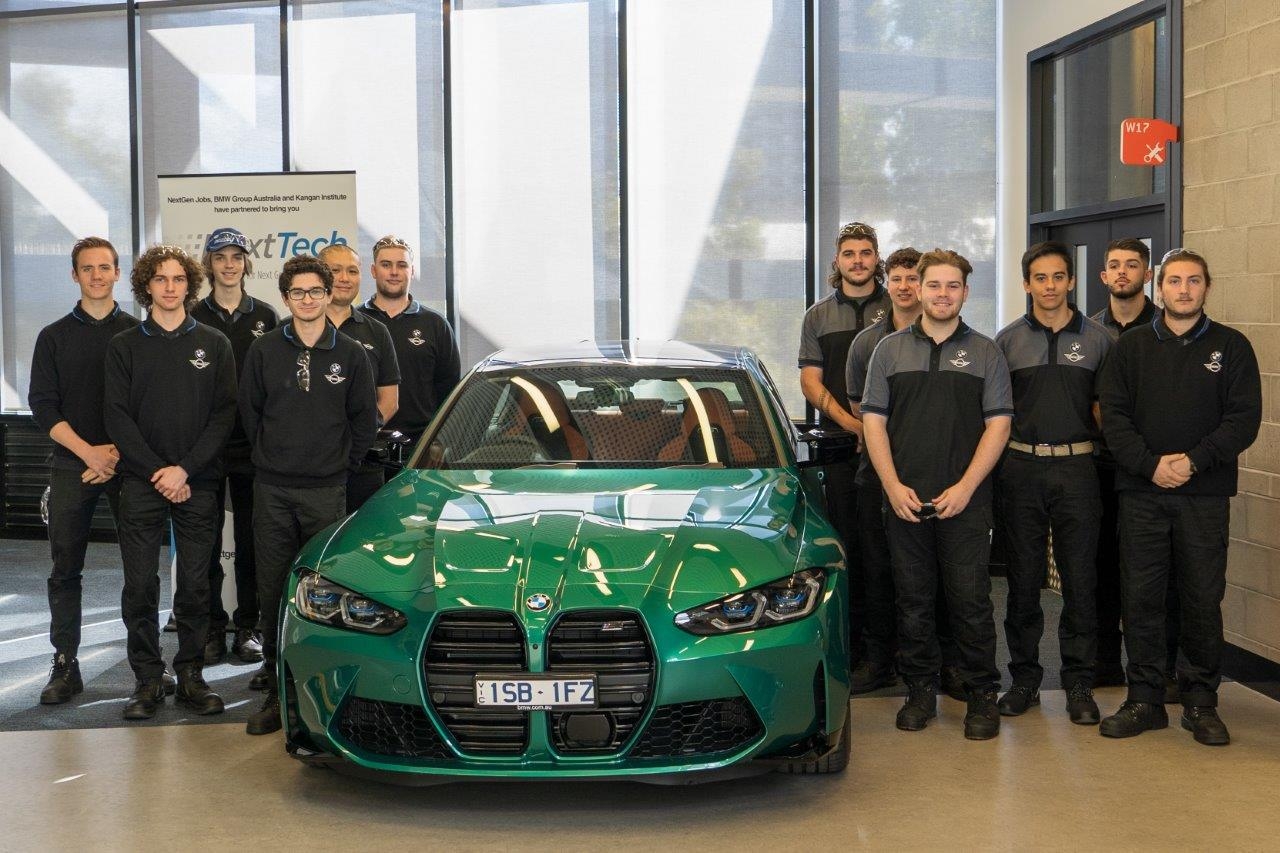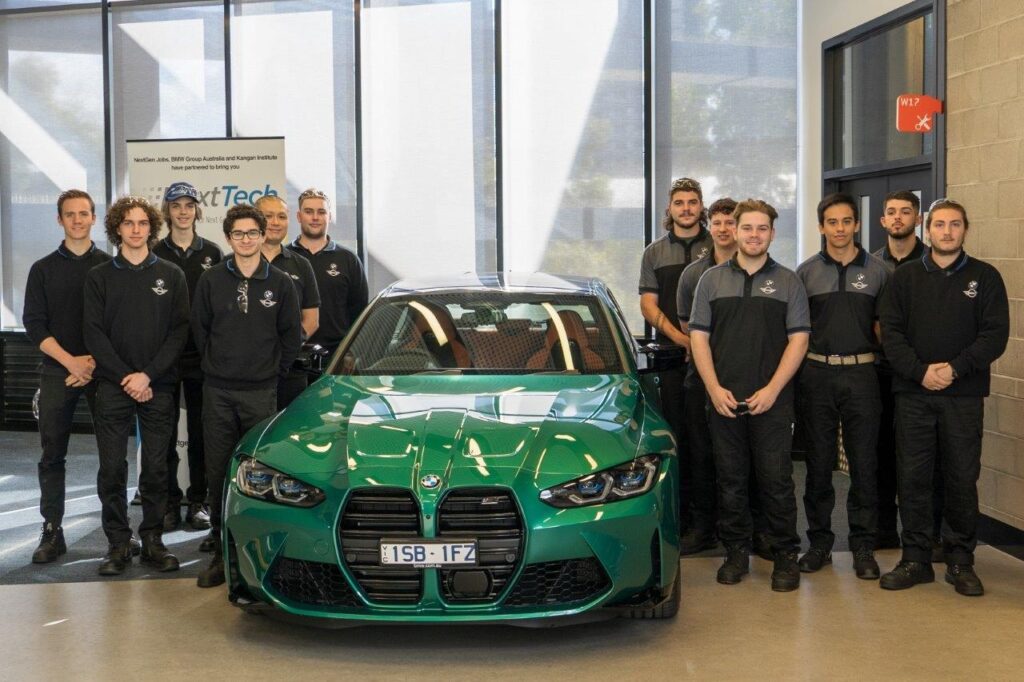Dual-trade apprenticeships for broader skill sets
- PostedPublished 2 December 2021

Businesses and apprentices alike set to benefit from new, broader dual-trade training schemes
Opting for an apprenticeship has long been an excellent way to obtain a set of skills that are in demand – ensuring employment and a long-lived career.
However, as industries have evolved and calls for increased productivity and efficiency have increased, many businesses are seeking employees with broader skill sets.
In the Australian refrigeration and air conditioning sector, for example, there has long been a shortage of technicians who are skilled in both refrigeration and electrical trades.
This is no doubt in part because attaining both qualifications would entail tackling two separate apprenticeships over eight years.
Consequently, to remove this hurdle and boost the number of more adaptable and capable technicians, the South Australian government introduced a “dual trade” apprenticeship scheme in October 2020.
The dual-trade pathway, an Australian first, was developed with the National Electrical and Communications Association South Australia and Northern Territory (NECA SA/NT) and other associated organisations.

Instead of being taught electrical and refrigeration trades separately, apprentices in the dual-trade scheme receive training concurrently – allowing for the associated qualifications to be achieved in just five years, lending the concept significant appeal to both employers and potential apprentices alike.
Training isn’t simply left out, though, to grant the shorter timeframe; instead, experts catalogued the units from each of the independent qualifications and worked out which overlapped.
The materials were then merged, resulting in one dual-focus qualification featuring 1,540 hours of training, instead of the usual 1,060 hours for each independent qualification.
NECA subsequently announced, in November 2020, the launch of its dual-trade “Electrical Refrigeration and Air Conditioning Technician” apprenticeship pathway – which, after five years’ concurrent training, will result in apprentices becoming a fully licensed and multi-skilled technician.
Damien Staltari, director of Australian electrical, refrigeration and automation specialist D-STAL Electrical, said: “Having people employed with this dual trade will deliver efficiencies on certain jobs for a business like ours, which will allow us to grow our business and deliver more cost-effective services.”
However, the use of dual-trade apprenticeships isn’t restricted to the refrigeration and air conditioning sector. BMW Group Australia, in May this year, announced that it was introducing a “#NextTech” scheme that reportedly allows apprentices to get both a light vehicle and automotive electrical qualification within four years.
The #NextTech apprenticeship program, which is the result of a collaboration with not-for-profit training specialist NextGen Jobs and the Bendigo Kangan Institute’s Automotive Centre of Excellence, was immediately oversubscribed and ultimately took on 38 apprentices – but more application opportunities have subsequently been made available.
- CategoriesIn SightGlass
- TagsSightglass News Issue 25

